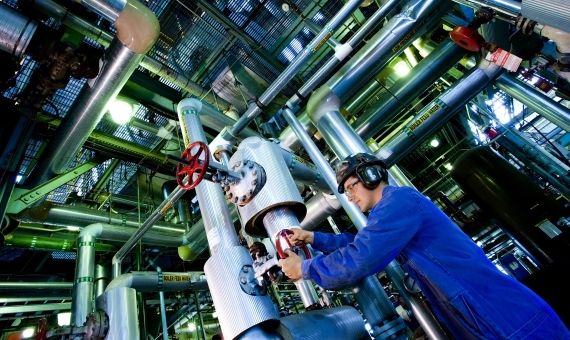Cameco Corporation reduced its share of world uranium production, from 17% in 2016 to 7% in 2020.
Between that time, its market share went from 16% in 2017 to 9% in each of the next two years.
On this, the company has referred that many of its operations are in care and maintenance.
However, the company has majority ownership of the world’s largest high-grade mineral reserves.
Approximately world uranium production in 2020 was 123 million pounds U3O8, up from 142 million pounds in 2019.
Cameco is the world’s largest publicly traded uranium company, headquartered in Saskatoon, Saskatchewan, Canada.
World uranium production
The global population is on the rise and there is a growing focus on electrification and decarbonization.
So with the global need for safe, clean and reliable base load power, nuclear power remains an important part of the energy mix.
For this reason, Cameco remains confident in the future of the nuclear industry.
Their argument: with increasing demand due to restarts and new reactors, and increasingly less secure supply as a result of low prices, production reductions, lack of investment, end of life of reserves, unplanned production interruptions, reduced secondary supplies and trade policy problems, Cameco continues to expect a market transition.
While the timing of a market transition remains uncertain, the company continues to take whatever actions it believes necessary to position the company for long-term success.
Therefore, Camelco undertakes a contracting activity that aligns with the uncertain timing of a market recovery and intends to ensure that it has adequate protection and benefits from higher prices in its portfolio of contracts.
While the uranium production industry is international in scope, there are only a small number of companies operating in relatively few countries.
In addition, there are barriers to entry and start-up and increased production can take seven to 10 years.
Several projects have been canceled or delayed, and some production has been halted due to low uranium prices that have persisted since 2011.
About 80% of world uranium production came from five countries: Kazakhstan (40%), Australia (13%), Namibia (11%), Canada (8%) and Uzbekistan (7%).
![]()

